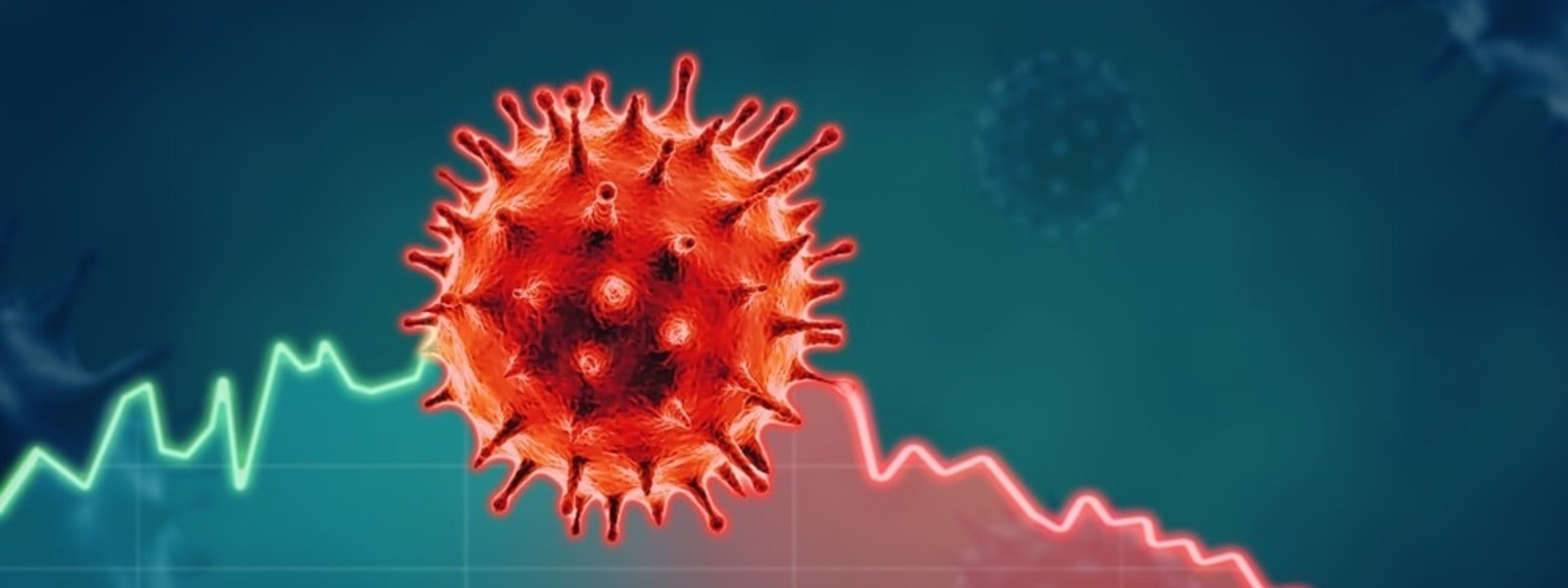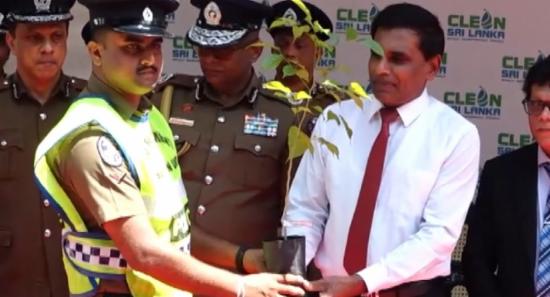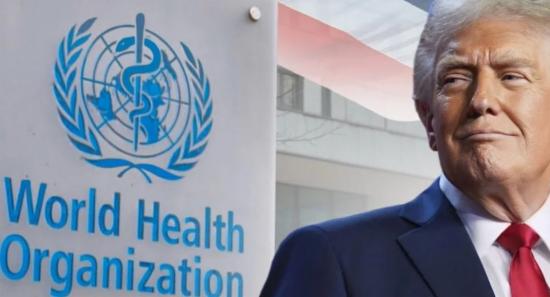.webp)

COVID-19 and Economic Crimes: Delayed decisions cost lives while 7 Mn Pfizer doses to expire on Monday, 31st Oct.
The COVID-19 pandemic claimed thousands of Sri Lankan lives, and News 1st revealed questionable transactions that took place during the height of the pandemic.
Approximately 7 Million doses of the Pfizer COVID-19 vaccine are to expire on Monday, 31st of October 2022.
The Epidemiology Unit of the Ministry of Health repeatedly requested the people of Sri Lanka to obtain the vaccine doses before delay.
Pfizer Inc expects to roughly quadruple the price of its COVID-19 vaccine to about $110 to $130 per dose after the United States government's current purchase program expires.
Approximately 7 Million doses of the Pfizer COVID-19 vaccine are to expire, and if it does the value of those vaccines as per the current market rate would be astronomical.
While vaccine stocks are about to expire leading to another colossal waste, Sri Lanka also lost a large sum of money when it delayed placing orders for the vaccine.
In February 2020, Sri Lanka recorded its first even COVID-19 infection and it didn't take long for the coronavirus to spread across the country.
What did Sri Lanka do when other countries devoted their resources to developing a vaccine?
Sri Lankan MPs and Minister dropped pots into rivers, and the so-called miracle tonic Dhammika Paniya was promoted widely - while there was absolutely no interest in procuring the vaccines.
Experts in the field of medicine repeatedly called for the government to procure vaccines, however as Sri Lankan authorities opted to myth over science, the procurement of much-needed vaccines was delayed.
On the 30th of December 2020, the UK granted approval for the emergency use of the AstraZeneca vaccine prompting many other countries to place immediate orders for the vaccines.
As it was also produced by the Serum Institute of India, there was ample opportunity for Sri Lanka to obtain the vaccine with ease.
But, what did Sri Lanka do?
On the 22nd of January 2021, Sri Lanka's National Medicines Regulatory Authority granted approval for the vaccine.
If the Indian High Commission in Sri Lanka did not intervene to provide the necessary data, the procurement of the vaccines could have been further delayed.
Six days after the NMRA gave the green light, India delivered 500,000 doses of the vaccine to Sri Lanka for free under its Neighbourhood First policy.
Even by that time, India had completed the delivery of the vaccine doses to Bangladesh, Bhutan, and the Maldives.
Did Sri Lanka show any interest to procure more stocks of the vaccine after it was given a free shipment?
It was on the 23rd of February 2021 that Sri Lanka's Cabinet gave the green light to procure the vaccine, exactly a month after the NMRA gave the go-ahead.
Thereafter, the State Pharmaceutical Corporation inked an agreement to procure 10 million doses of the COVID-19 vaccine at a cost of USD 52.5 Million with the Serum Institute of India, and another agreement with the UK firm for 3.5 million doses of the vaccine.
As per the agreement, a shipment of 500,000 doses was received in February 2021, and during the pandemic period, Sri Lanka received approximately 1.264 million doses.
The Serum Institute of India suspended delivery due to high demand, and this led to a delay in the delivery of shipments to Sri Lanka as well.
As uncertainty ensued over the Indian-produced vaccine, Sri Lanka directed its attention to the Chinese-developed Sinopharm vaccine.
Bangladesh had procured a dose of the Sinopharm vaccine for USD 10, however, Sri Lanka procured it for USD 15.
Shah Ali Farhad the special assistant to the Prime Minister of Bangladesh Sheikh Hasina in a tweet said, the Bangladesh cabinet had approved a proposal to allocate 150 million US dollars to procure 15 million doses of the Sinopharm vaccine adding that this was a bilateral agreement struck between Bangladesh and China.
Pursuant to the tweet, a discourse had emerged on social media, alleging that China which is offering the Sinopharm vaccine to Bangladesh at a rate of 10 USD each has sold the vaccine to Sri Lanka at 15 USD each.
Eventually, Sri Lanka had to pay an additional USD 70 Million for the Chinese vaccine.
Senior Sri Lankan citizens over the age of 60 were identified as the most vulnerable group to COVID-19.
Sri Lanka lost 12,883 Senior Citizens to the Coronavirus which is approximately 76.8% of the total COVID fatalities in the country.
If the COVID-19 vaccine was procured on time, many of these lost lives could have been saved.
Yet, there appears to be no proper investigation into the procurement process.
Is it not wise to at least institute an investigation now on the delays in making decisions and the deals that took place under the guise of the pandemic?
These are matters that directly impact people's lives and the taxpayer's money
Other Articles
Featured News





.png )



-825619_550x300.jpg)








-822734_550x300.jpg)
-822716_550x300.jpg)
-822495_550x300.jpg)
















.gif)